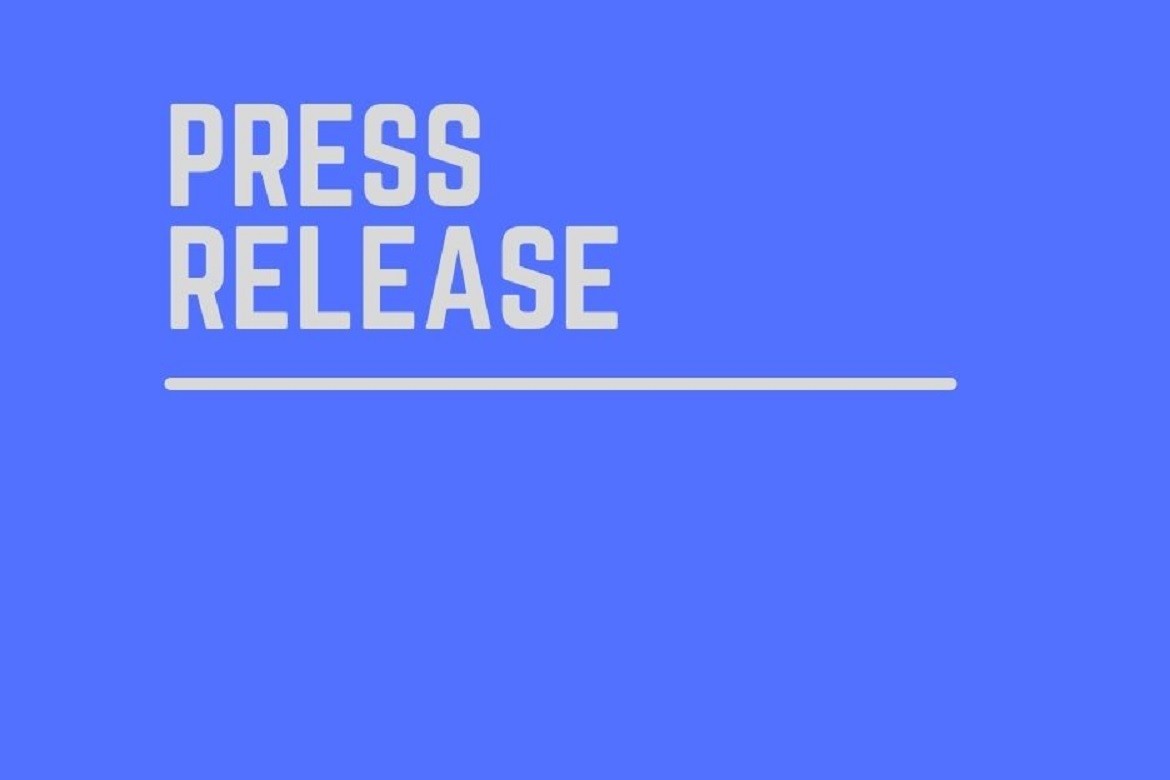PRESS RELEASE
08.12.2021
6th DAY
4th International Festival “The Reflection of Disability in Art”
18:00-21:00
The 6th day of the 4th International Festival "Reflection of disability in art" started with music by the Violone Orchestra. The Orchestra played Kürdili Hicazkar Longa (Old Ottoman Turkish Music) under the direction of Mr. Giannis Zarias.
The program continued with the screening of six documentaries on "Interculturalism - Identity". Screening began with the documentary "Being Haddie", directed by Jason Carter and followed the documentaries "WING CHAIR", directed by Arjanmar Rebeta, "ASAK2" , directed by Ali Reza, "Mugisha (Blessing)", directed by Fisca Jean Paul Habimana and "God loves Porkhov", directed by Marina Zabelina. The screening ended with the documentary "The Silent Chaos", directed by Antonio Spanò.
The screening of the films was followed by a discussion chaired by Ms. Gouleta Irini, Associate Professor of the Department of Educational and Social Policy of the University of Macedonia. In the discussion contributed with their positions both Ms. Gasouka Dimitra, Disabled Social Worker with MSc in occupational rehabilitation of the disabled, Municipal Councilor in the Municipality of Halandri, member of the Movement for the Liberation of the Disabled - ZERO TOLERANCE and co-manager of the Facebook group “Disabled Women” and Ms. Karatsori Marianna, Laboratory Teaching Staff of the Department of Educational and Social Policy of the University of Macedonia
As the moderator of the discussion, Ms. Gouleta, making a historical review of the course of disability over the years, focused on the social model of disability, referring to the fact that society puts obstacles in the way of the full inclusion of people with disabilities in all their standards of living. Then, through the citation of examples from her own experiences, Ms. Gouleta noted that the view of disability depends directly on the way we choose to perceive disability. What is missing, according to her, is the creation of a social worldview, less oriented to "us and others" and more to "us", in a world accessible to all, since disability is something that concerns all of us. Concluding her speech, she asked some questions, putting the audience in the process of thinking about what kind of world they want to live in, where each one's personal responsibility lies in the change they want to see in society and what steps need to be taken from each of us today so we can have a tomorrow that will include everyone.
Then Ms. Gasuka urged the audience to express their feelings that were created during viewing the films and in her turn raised some issues related to the "unknown country of disability". Starting from the extensions of stereotypes and prejudices that still prevail today, Ms. Gasuka stressed that the culture that is reproduced is critical, if we consider how it determines the way society treats people with disabilities and the way they perceive themselves. In addition, referring to the different perspectives on disability, she talked about the need to move away from terminology and perceptions that consider people with disabilities an isolated group and to approach the concept of inclusion and their actual participation.
Finally, Ms. Karatsioris agreed with the previous statements and added that the common denominator of today's films was the ignorance of people about how to behave to a disabled person. For her, the lack of empathy is strongly felt, pointing that if we knew the needs of a disabled person, everything would be very different. Concluding her speech, she added that, since we are all different, what is needed is to find a common code of communication, which is nothing more than learning from each other every day.
(Read the trancript).







